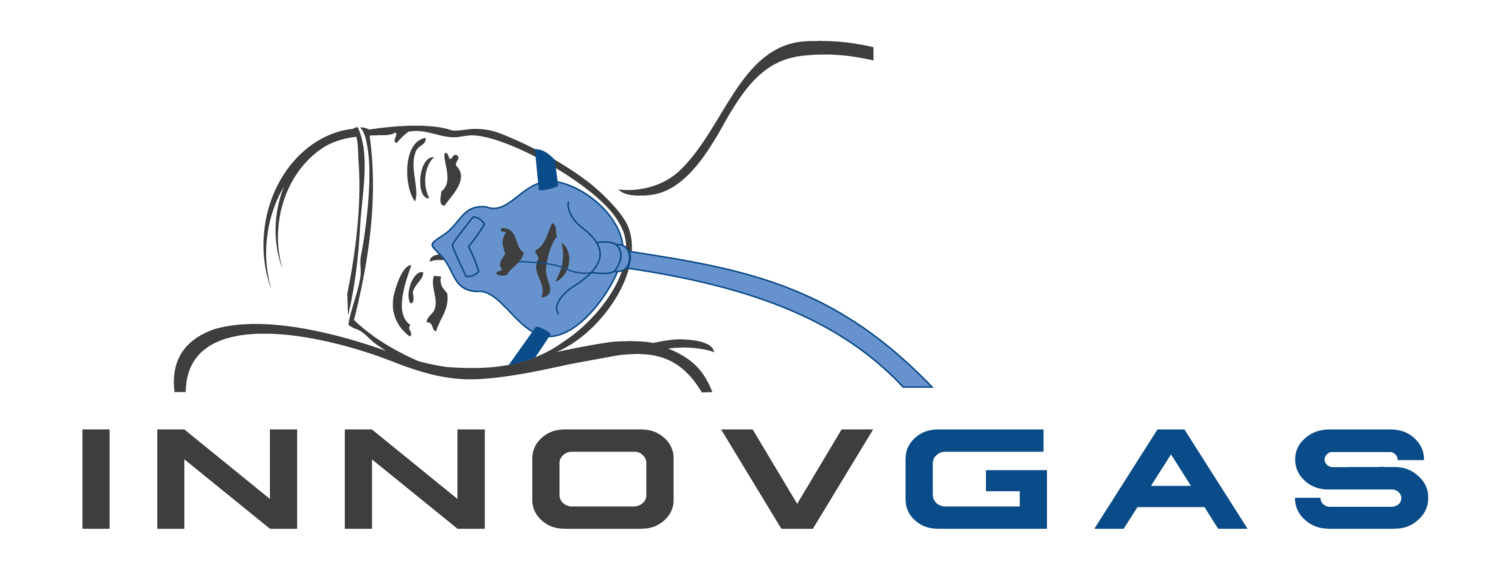Prost from Munich
Munich, the capital of Bavaria, is a city that resonates with history and culture. Its origins can be traced back to 1158, when Henry the Lion, Duke of Saxony, and Bavaria, built a bridge over the river Isar next to a settlement of Benedictine monks. This strategic move not only facilitated trade by forcing merchants to use his bridge but also laid the foundation for the development of Munich.
Medieval Flourishing Under the Wittelsbach Dynasty
Throughout the Middle Ages, Munich flourished under the rule of the Wittelsbach dynasty, which would control Bavaria until 1918. The city was granted fortification in 1175 and became the ducal residence of Upper Bavaria in 1255. Munich's importance grew, and it became a pivotal crossing on the route from Salzburg to Augsburg, especially after being granted the salt monopoly by Emperor Louis IV.
Renaissance and Baroque Periods
As the capital of Bavaria from 1506, Munich became a hub for the German counter-reformation and renaissance arts. Despite suffering during the Thirty Years' War and subsequent occupation by Sweden, it recovered and prospered once more. The 18th century saw it develop into a centre of Baroque life, with magnificent structures like the Theatine Church and Nymphenburg Palace adding to its architectural heritage.










19th Century: Arts, Literature, and Political Unrest
The 19th century was a period of booming arts, literature, and music for Munich, marked by the construction of Neoclassical buildings. However, it was also a time of political unrest, which culminated in the unification of the German Empire in 1871. The city's role in the subsequent World Wars and as a centre for political extremism is a darker chapter in its history, but one that is essential for understanding its present-day character.
Modern Munich: A Global Hub
Today Munich is a thriving hub of science, technology, finance, and business and is a major player on the global stage. It boasts a dynamic economy, a highly skilled workforce, and is a magnet for innovation.
Cultural Scene and Architecture
Munich has a rich history and a vibrant cultural scene. The city is home to world-renowned museums, theatres, and concert halls. You'll also find stunning architecture, from Baroque and Renaissance to modern.
Munich's Famous Breweries
Of course, we can't forget about the beer! Munich is home to some of the most famous breweries in the world, and beer halls are a popular destination for locals and tourists alike. The world-famous Oktoberfest beer festival takes place every September, but you can still enjoy a stein (or two) in one of Munich's many beer gardens all year round.
The exact number of breweries in Munich is difficult to pinpoint. There are hundreds, with some sources mentioning that there have been hundreds in the past. However, Munich is most famous for its six largest breweries:
Hofbräu
Spaten-Franziskaner
Augustiner
Hacker-Pschorr
Paulaner
Löwenbräu
These six breweries form the "Verein Münchner Brauereien e.V." (Association of Munich Breweries) and are the only ones allowed to brew and sell "Münchner Bier" (Munich beer) following a strict purity law which dates from 1516. The law stated that Münchner Bier can only be brewed with four ingredients which are water, barley malt, hops and yeast. This law aimed to ensure the quality and consistency of beer, particularly to prevent brewers from using cheaper or potentially harmful ingredients.
ESAIC 2023: A Successful Exhibition
This year’s ESAIC was attended by over 3,500 attendees. There were 156 participating societies and industry companies, 125 scientific sessions, and 18 learning tracks including general anaesthesia, neuroanaesthesiology, respiration and airway management and perioperative medicine to name but a few.
We were there along with our European partner Anel. We had a simple but professional booth with exhibition panels promoting our products, lots of samples and sales literature. Vicki Gillespie our CEO and I worked on the booth, and it was great to have our colleagues Doru and Vladimir from Anel working alongside us. Everyone sold our products with great enthusiasm. Selling EyePro, NoPress and BiteMe direct to customers really does invigorate your belief in these products and the value they bring to patients and anaesthetists.
Over 161 delegates from 43 countries visited our exhibition booth. We provided 500 EyePro, 100 NoPress and 100 BiteMe to delegates.
Engaging with Global Delegates
From a European perspective 50 delegates were from 16 countries where we have a distributor presence. I am always pleased by the number and quality of the visitors to our booth. Around 90% of customers were practising anaesthetists. We all had in-depth meaningful discussions with each customer. There was real interest in all our products across the three-day meeting. It was a great privilege to showcase our products at a world class anaesthesia congress. We left Munich knowing that EyePro, NoPress and BiteMe are truly valued by our customers and that they are helping keep patients safe during surgery and in the ICU in the 21st century.






Author: Niall Shannon, European Business Manager, Innovgas
This article is based on research and opinion available in the public domain.
Interested in a Free Sample?
Free samples of NoPress, EyePro & BiteMe available upon request.
Conditions apply.





